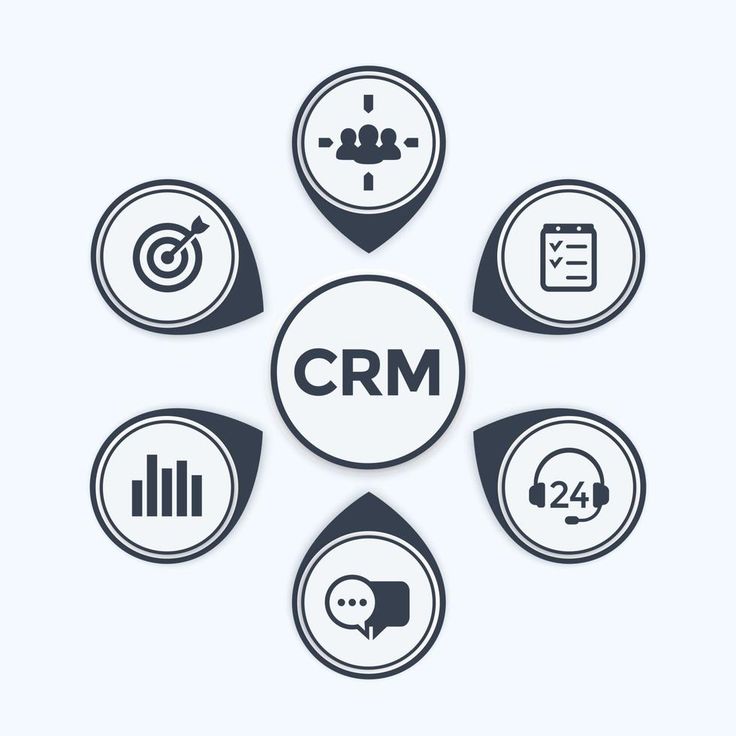In today’s competitive market, Customer Relationship Management (CRM) systems are indispensable tools for small businesses. As we move into 2024, the landscape of CRM is evolving rapidly, incorporating advanced features that cater to the unique needs of small enterprises. This article explores the essential CRM features that small businesses must leverage in 2024 to stay ahead of the curve.
Understanding the Importance of CRM for Small Businesses
Customer relationship management is more than just a software solution; it is a strategy for managing all your company’s interactions with current and potential customers. A robust CRM system helps businesses streamline processes, build customer relationships, increase sales, improve customer service, and increase profitability. For small businesses, adopting the right CRM system can be a game-changer.
Top CRM Features Small Businesses Need in 2024
1. User-Friendly Interface
A CRM with a user-friendly interface is crucial for small businesses. Employees must quickly adapt to the CRM without extensive training. An intuitive interface ensures that users can efficiently navigate through the system, input data accurately, and retrieve customer information promptly. This efficiency leads to better customer service and more productive use of time.
2. Mobile Accessibility
In 2024, the ability to access CRM systems on mobile devices is non-negotiable. Mobile accessibility allows sales teams and customer service representatives to access important customer data on the go. This feature is particularly beneficial for small businesses with remote teams or those that require frequent travel. Mobile CRM ensures that no opportunity is missed, and customer interactions are timely and relevant.
3. Integration with Other Tools
A top-notch CRM should seamlessly integrate with other business tools such as email marketing platforms, social media management tools, and e-commerce systems. This integration ensures that all customer data is centralized, providing a comprehensive view of customer interactions across various channels. It eliminates the need for manual data entry and reduces the risk of errors, leading to more accurate and efficient operations.
4. Automation of Routine Tasks
Automation is a key feature that small businesses must look for in a CRM system. Automating routine tasks such as sending follow-up emails, scheduling appointments, and generating reports saves time and reduces the likelihood of human error. Automation also allows businesses to focus more on strategic activities that drive growth.
5. Customizable Dashboards and Reports
Every business has unique needs and metrics that matter most to them. Therefore, a CRM with customizable dashboards and reports is invaluable. These features allow businesses to tailor the CRM to their specific requirements, providing insights that are most relevant to their operations. Customizable reports can help track key performance indicators (KPIs) and make data-driven decisions.
6. Advanced Analytics and AI Integration
With the advancement of technology, CRMs in 2024 should incorporate advanced analytics and AI integration. These features can help small businesses gain deeper insights into customer behavior, predict trends, and personalize customer interactions. AI-powered analytics can identify patterns and provide recommendations for improving sales strategies and customer engagement.
7. Scalability
As small businesses grow, their CRM needs will change. A scalable CRM system is essential to accommodate this growth. Scalability ensures that the CRM can handle an increasing volume of data and users without compromising performance. This flexibility allows businesses to continue using the same CRM system as they expand, saving time and resources on migrating to a new system.
8. Robust Security Measures
In the digital age, data security is paramount. A CRM system must have robust security measures to protect sensitive customer information. Features such as data encryption, user access controls, and regular security audits ensure that customer data is safe from breaches and unauthorized access. This security not only protects the business but also builds trust with customers.
9. Effective Customer Support
Having a CRM with effective customer support is crucial. Small businesses often lack the in-house IT resources to handle technical issues. Reliable customer support from the CRM provider can help address any problems quickly, ensuring that the business operations are not disrupted.
10. Cost-Effectiveness
For small businesses, budget constraints are a reality. Therefore, a CRM system must offer cost-effective solutions without compromising on essential features. Look for CRMs that provide flexible pricing plans, including options for scaling as the business grows. Cost-effectiveness also includes considering the total cost of ownership, including maintenance and any additional fees.
Choosing the Right CRM for Your Small Business
Selecting the right CRM involves evaluating the specific needs of your business and matching them with the features offered by various CRM systems. Consider factors such as the nature of your business, the size of your customer base, and your growth projections. It’s also important to look at user reviews and case studies to understand how the CRM has performed for other businesses similar to yours.
Trial Periods and Demos
Before committing to a CRM, take advantage of trial periods and demos. These allow you to test the system’s functionalities and see how well it integrates with your existing processes. Involving your team in the evaluation process can provide valuable insights and ensure that the CRM meets their needs.
Vendor Reputation and Support
Research the reputation of the CRM vendors. Look for vendors with a proven track record of reliability and excellent customer support. Good customer support can make a significant difference in how effectively your team can use the CRM and resolve any issues that arise.
Training and Onboarding
Effective training and onboarding are crucial for the successful implementation of a CRM system. Ensure that the CRM vendor provides comprehensive training resources and onboarding support to help your team get up to speed quickly. Proper training can maximize the benefits of the CRM and improve user adoption rates.
Conclusion
In 2024, the right CRM system can provide small businesses with a competitive edge by improving customer relationships, increasing efficiency, and driving growth. By focusing on essential features such as user-friendly interfaces, mobile accessibility, integration capabilities, automation, and advanced analytics, small businesses can select a CRM that meets their needs and supports their long-term success.


